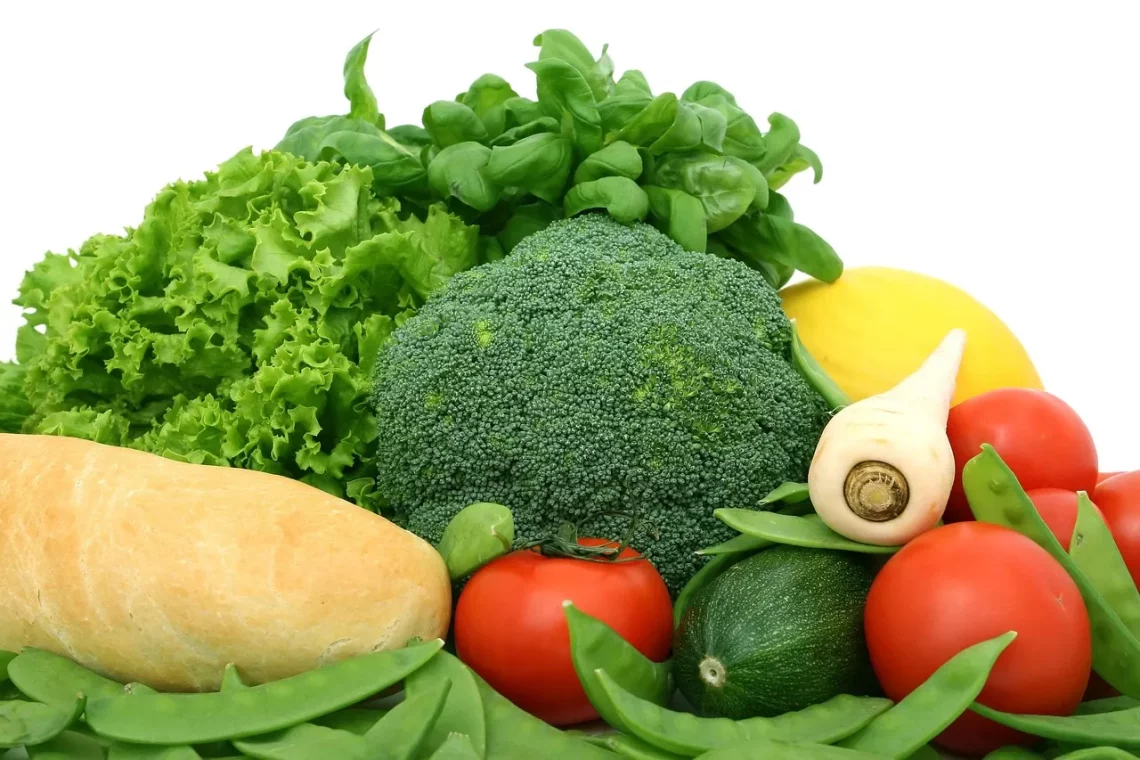
Can Guinea Pigs Eat Zucchini Safely and Healthily?
Guinea pigs are beloved companions known for their gentle nature, social behavior, and playful antics. As pet owners, we often strive to provide the best possible care for these small animals, including offering a nutritious diet. While hay and pellets are staples in the guinea pig diet, fresh vegetables play a crucial role in ensuring their overall health and happiness. Among the various vegetables available, zucchini frequently comes up in discussions about guinea pig nutrition.
This versatile vegetable is not only popular in human diets but also raises the question of whether it is safe and healthy for our furry friends. Understanding the nutritional profile of zucchini, its potential benefits, and how to incorporate it into a guinea pig’s diet can help owners make informed decisions. As with any dietary changes, it’s essential to approach the introduction of new foods with care, keeping in mind the unique digestive systems and dietary needs of guinea pigs.
In this article, we will delve into the safety and health implications of feeding zucchini to guinea pigs, exploring the right ways to include this vegetable in their meals. By equipping ourselves with knowledge, we can ensure that our guinea pigs thrive and enjoy a happy, healthy life.
Nutritional Benefits of Zucchini for Guinea Pigs
Zucchini is a summer squash that belongs to the same family as cucumbers and pumpkins. This vegetable is not only delicious but also packed with essential nutrients that can benefit guinea pigs.
One of the key nutritional components of zucchini is its high water content, which can help keep guinea pigs hydrated. Since these animals are susceptible to dehydration, particularly in warmer months, offering them water-rich foods like zucchini can be an excellent way to support their hydration needs.
Moreover, zucchini contains vital vitamins such as Vitamin C, which is crucial for guinea pigs since they cannot synthesize this vitamin on their own. Vitamin C plays a significant role in maintaining a healthy immune system, promoting skin health, and aiding in the repair of tissues. Incorporating zucchini into your guinea pig’s diet can contribute to meeting their daily Vitamin C requirements.
Additionally, zucchini is low in calories and high in dietary fiber, making it an ideal snack for guinea pigs. The fiber helps in maintaining a healthy digestive system and can prevent issues like obesity and gastrointestinal stasis. The presence of antioxidants in zucchini also supports overall health by combating oxidative stress and reducing inflammation.
However, while zucchini offers several benefits, it is essential to serve it in moderation. Too much of any vegetable can lead to digestive upset in guinea pigs, so introducing zucchini gradually and observing your pet’s reaction is crucial.
How to Safely Introduce Zucchini into a Guinea Pig’s Diet
When considering adding zucchini to your guinea pig’s menu, a gradual introduction is key. Start by offering a small piece to gauge their interest and observe any potential allergic reactions or digestive issues.
Begin by washing the zucchini thoroughly to remove any pesticides or chemicals that may be present on the skin. It’s best to serve it raw, as cooking can diminish its nutritional value. Cut the zucchini into small, manageable pieces that are easy for your guinea pig to nibble on.
Monitor your guinea pig during this introduction phase. Look for any signs of discomfort, such as diarrhea, bloating, or a decrease in appetite. If your guinea pig enjoys the zucchini and shows no adverse reactions, you can gradually increase the amount offered.
Aim to serve zucchini alongside a variety of other vegetables to ensure a balanced diet. Guinea pigs thrive on diversity in their food sources. Pairing zucchini with leafy greens like romaine lettuce, bell peppers, or carrots can provide a well-rounded array of nutrients.
Remember that while zucchini is safe, it should not be the main component of their diet. Pellets, hay, and fresh water should remain the primary sources of nutrition. The goal is to enhance their diet without overwhelming their digestive systems.
Potential Risks and Considerations When Feeding Zucchini
While zucchini can be a healthy addition to a guinea pig’s diet, there are some risks and considerations to keep in mind. As with any new food, it’s essential to be aware of how zucchini might affect your pet’s health.
One of the primary concerns with zucchini is its high water content. While hydration is critical, excessive consumption of water-rich vegetables can lead to diarrhea or loose stools. This is especially true if your guinea pig is not accustomed to eating such foods.
Another consideration is the potential for pesticide residues on the skin of non-organic zucchinis. To mitigate this risk, always wash zucchinis thoroughly before serving them. If possible, opt for organic produce to minimize exposure to harmful chemicals.
It’s also worth noting that some guinea pigs may be more sensitive to certain vegetables than others. Each guinea pig has its unique digestive system, and what works for one may not work for another. If you notice any changes in behavior or bowel movements after introducing zucchini, it may be best to discontinue its use and consult with a veterinarian.
Finally, keep in mind that zucchini should only be offered as an occasional treat rather than a daily staple. Maintaining a balanced diet that includes a variety of vegetables, hay, and pellets will ensure that your guinea pig receives all the necessary nutrients for optimal health.
Conclusion: Final Thoughts on Feeding Zucchini to Guinea Pigs
In conclusion, zucchini can be a safe and nutritious addition to a guinea pig’s diet when introduced properly and in moderation. Its high water content, vitamins, and fiber can contribute positively to their overall health. However, as with any dietary changes, careful observation and gradual introduction are key to preventing any potential digestive issues.
By providing a varied diet that includes a range of fresh vegetables, alongside hay and high-quality pellets, you can help ensure your guinea pig remains healthy and happy. Always pay attention to your pet’s reactions and consult a veterinarian if you have any concerns about their diet or health.
This article is intended for informational purposes only and should not be considered medical advice. Always consult a veterinarian for any health-related issues concerning your guinea pig.




